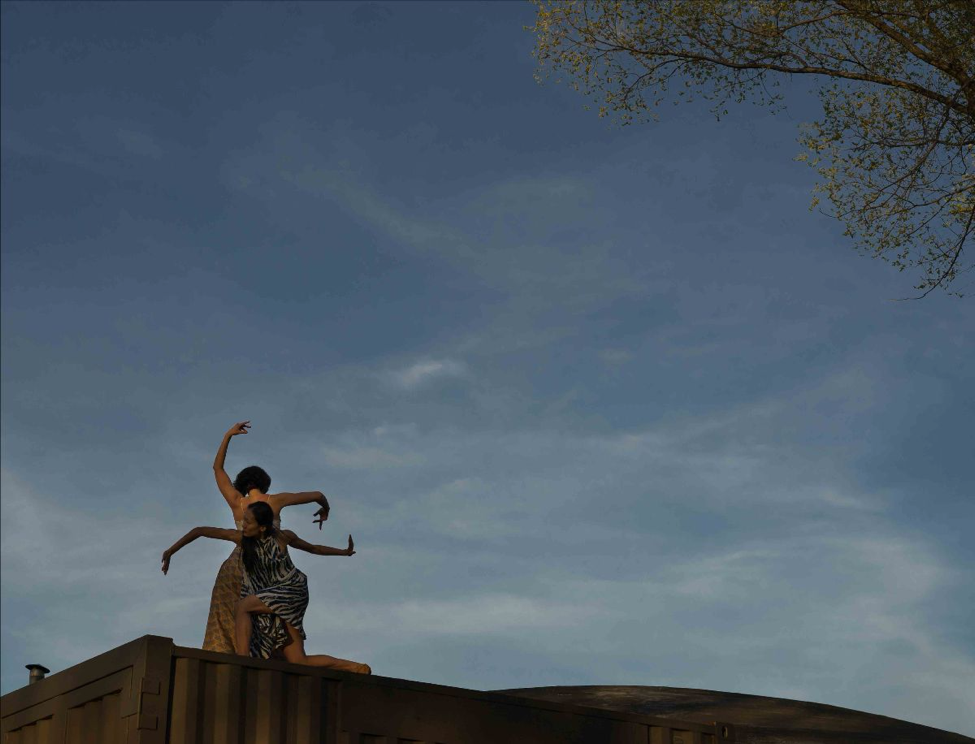Cairns Art-Science: A Place-Based Dark Skies Collaborative Experience

Many environmental residencies offer a dedicated space for artists to embed in the natural world and create. However, few attend to the collaborative experience, and fewer still overtly intersect environmental sustainability with social justice. Moreover, when artists and scientists come together, little attention is paid to the dynamics of interdisciplinary co-inquiry, limiting the potential for collaboration. Cairns intends to create a new model for art-science integration focused on environmental justice and rooted in equitable exchange.
Cairns is an art-science program housed between the University of Utah (UU) arts presenter, UtahPresents, and the UU Global Change and Sustainability Center since 2017. Cairns has featured 1-2 projects/year, during which performance artists participate in classes, host workshops, and exhibit their work. Since its inception, Cairns has aimed to evolve beyond this model to become an incubator for collaborative art-science relationships and co-inquiry around sustainability issues. The C4I art-science seed grant will facilitate this transition.
Cairns is led by Lissy Goralnik, Assistant Professor, Community Sustainability (MSU), Liz Ivkovich, Director of Development & Engagement, Lyman Briggs College (MSU), and Brenda Bowen, Professor, Geology & Geophysics; Director, Global Change & Sustainability Center (UU). The Cairns team will be joined by a competitively-selected interdisciplinary cohort and theater collective All My Relations for an intensive art-science field experience. The concept of dark skies is the boundary object around which we gather.
Dark sky access is an environmental justice issue. Light pollution in urban areas, where 80% of the residents can no longer see the Milky Way, disproportionately impacts low-income communities (International Dark-Sky Association). The project juxtaposes Indigenous, Western science, artistic, and experiential knowledge about dark skies to explore issues of access, voice, empowerment, spirituality, and connection.
Activities include:
- Virtual convenings
- A 4-day retreat at the UU’s Taft Nicholson Environmental Humanities Center in Wyoming
- Virtual critiques of collaborative projects
- A public showing of participants’ work at the UU and MSU